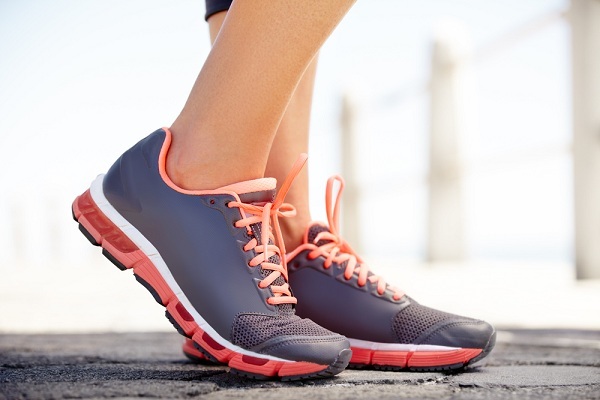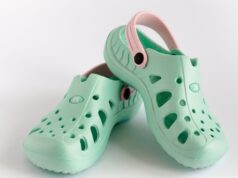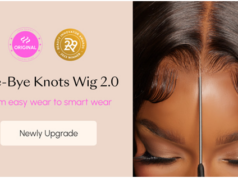Wearing the right shoes help ensure an athlete’s safe and healthy participation in running, speed walking, or fitness walking. But finding the best running shoe take more effort than pulling out the nearest pair of grubby sneakers from the closet and hitting the pavement. These recommendations also apply to fitness and speed walkers, whose shoes are designed to work differently than running shoes or general cross-trainers.
Running Stores and Proper Shoe Fit
The best shoe for a runner depends on a number of things: foot type, pronation, gait, mileage, preferred racing events or surfaces, the size of the athlete, and health conditions or concerns. With so many factors, getting professionally fit for running shoes makes sense as one of the most important steps in the sport.
Runners should visit a specialty running store at least once to be fit for shoes – and preferably once a season, as conditioning, aging, health, and goals change. Employees at running stores, unlike many who work in general shoe or sporting-goods stores, have expertise fitting people with running shoes.
Foot Types and Running Shoes
Being familiar with common terminology for foot types and running shoes, although not absolutely necessary, can be useful when visiting a running store. The knowledge can provide a comfort level for new athletes and help more seasoned ones understand the biomechanics of running and running shoes.
Runner’s World is good resource for learning about running. Its magazine and site offers articles and videos on such basics as arch type, foot pronation, and running shoe categories and types (e.g. motion control, stability, cushioned or neutral). Runner’s World also publishes running shoe reviews, which can help illustrate concepts and assist in making choices.
Tips for Being Fitted for Running Shoes
A running-shoe salesperson is a resource for learning about the sport. Come prepared to discuss running experience, mileage, upcoming events and running surfaces. And be sure to inform the salesperson about any concerns or past problems.
Likewise, ask the specialist questions about proper fit, shoe recommendations, or even exercises to strengthen weak areas as well as for any explanations or clarifications. The more information, the better the shoe will feel where it matters most – on the road.



















